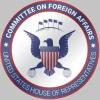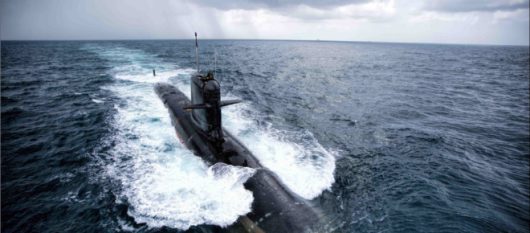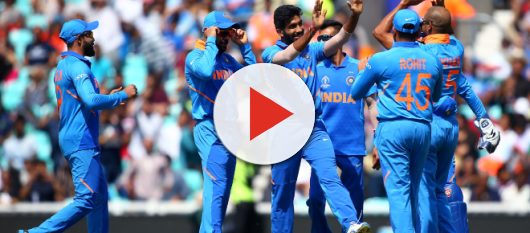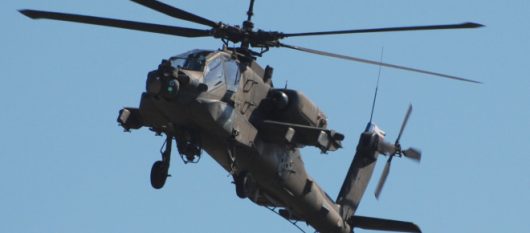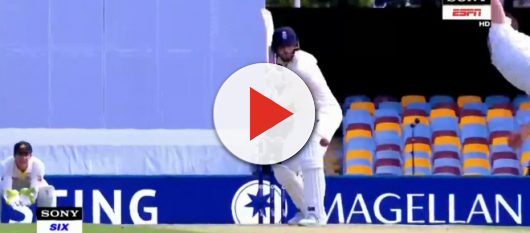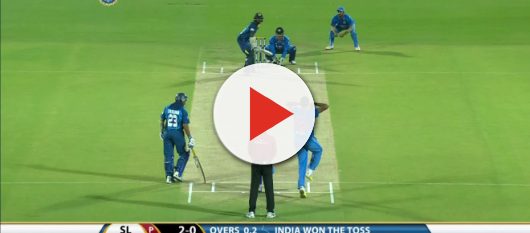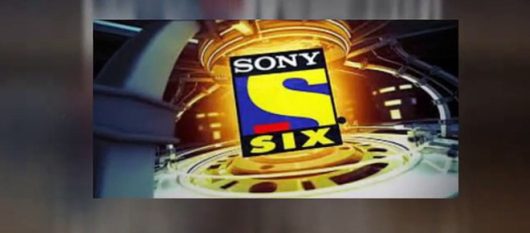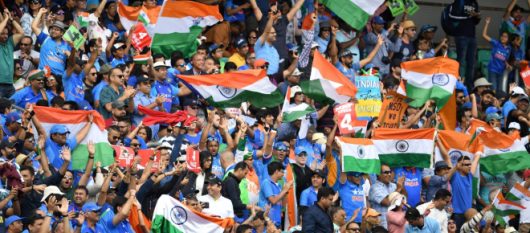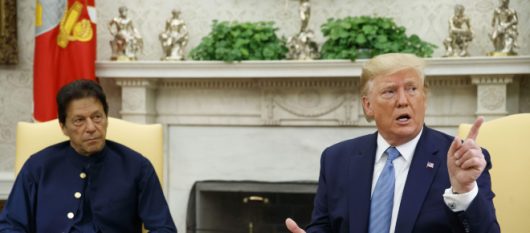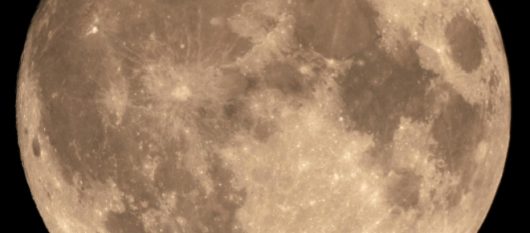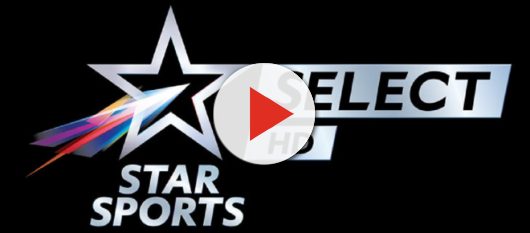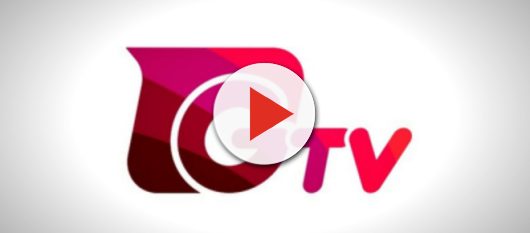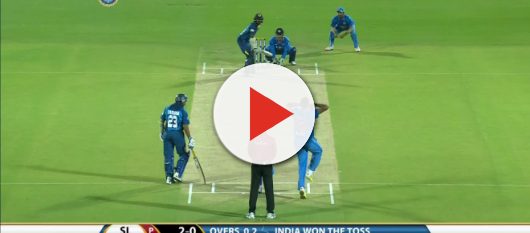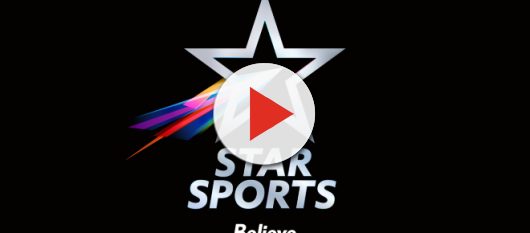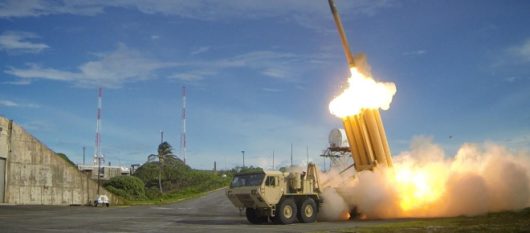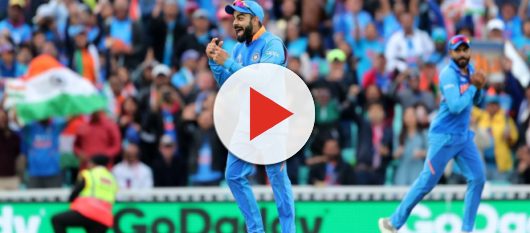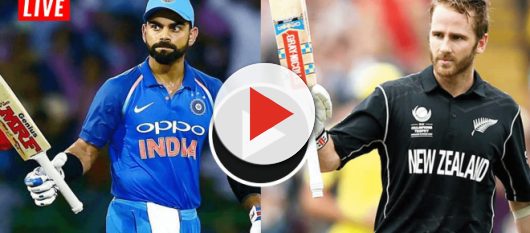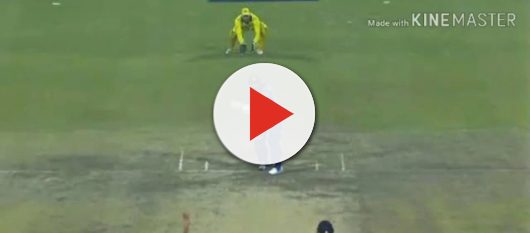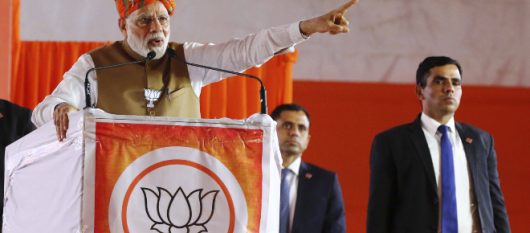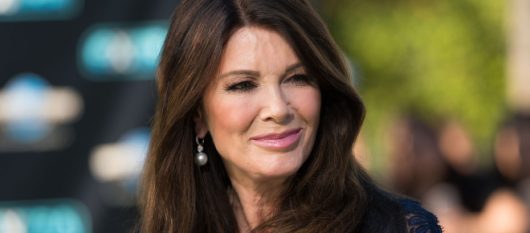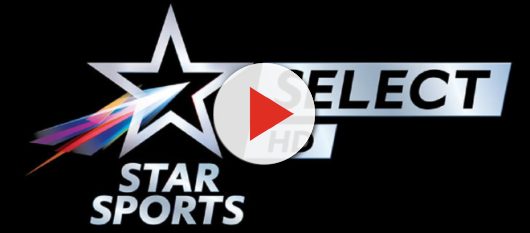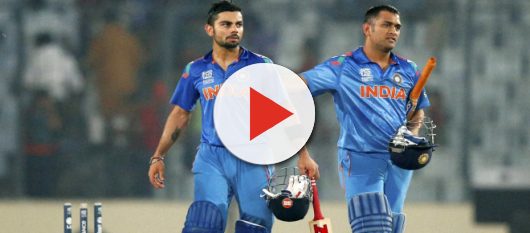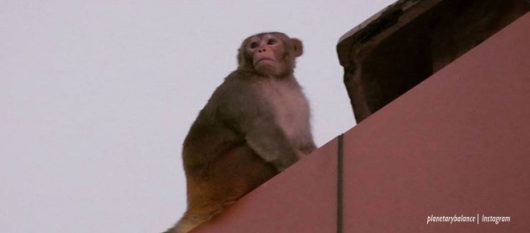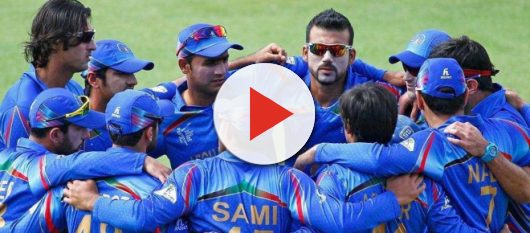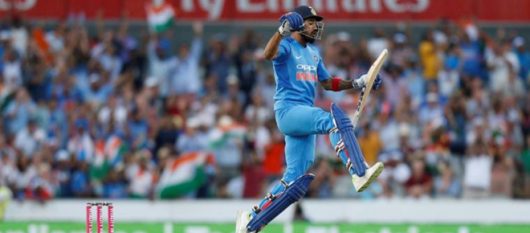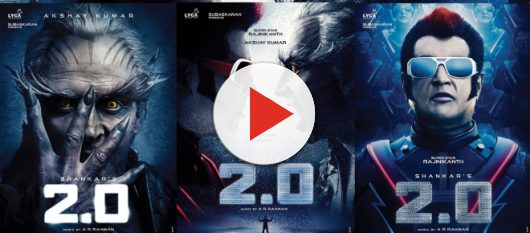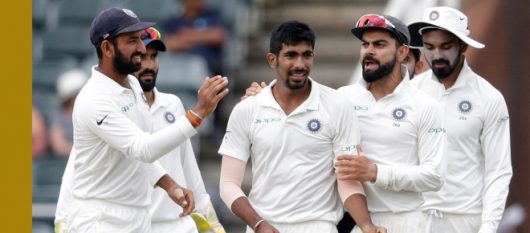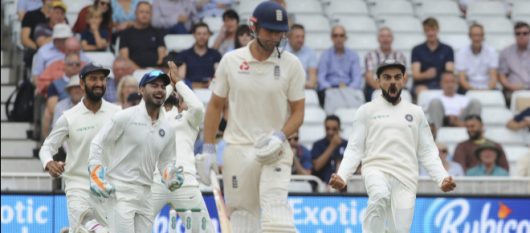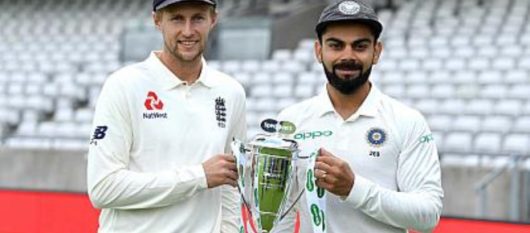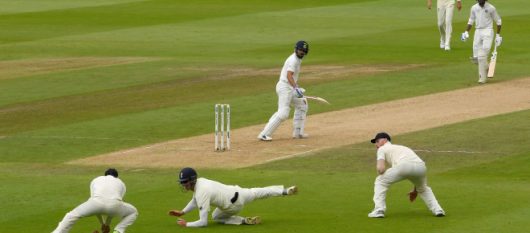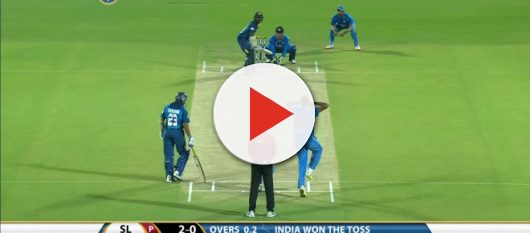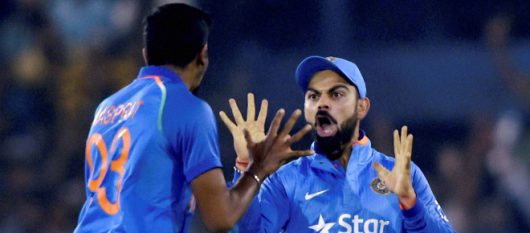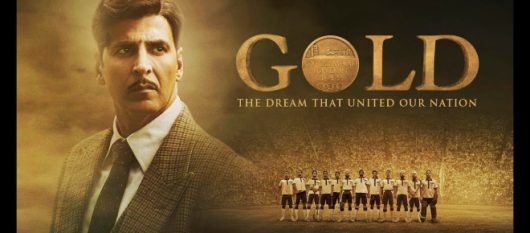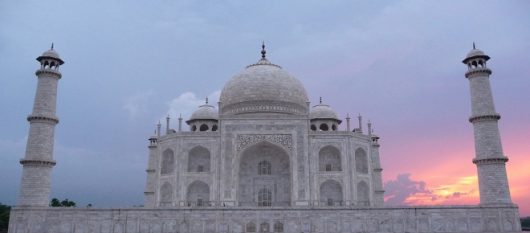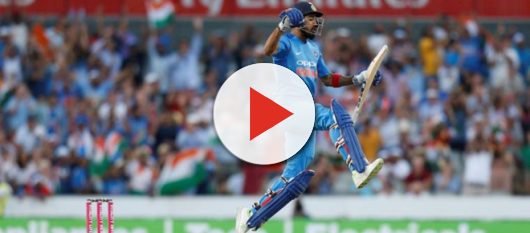
Foreign Affairs
The Supreme Court of Appeal has ruled that South African President Jacob Zuma must face the charges brought against him
Some charges was set aside about eight years ago this enables Mr. Zuma to become the president of South Africa. Jacob Gedleyihlekisa Zuma was first elected in 2009 and reelected in 2014.
1.Zume was charged with corruption
Zuma became entangled in a corruption controversy, among others, when Schabir Shaik, his financial advisor was charged with corruption and fraud.
In the backwash of Shaik trial, the National Prosecuting Authority (NPA) formally charged Zuma for corruption. From the roll of the Pietermaritzburg High Court, the case was struck, after prosecution’s application for postponement was brushed aside. As a result, the Court rendered moot the defence’s application for a lasting stay of proceedings this would have prevent Zuma from being criminally prosecuted.
Despite Zuma’s claim that he wanted the matter to appear in court, his legal team continued to retard the development of the proceedings and succeeded in making critical evidence unavailable to the court resulting in prosecution making an application for postponement on the set date. In an attempt by Zuma’s legal team to have the court grant a permanent stay of proceedings to Zuma, they were unsuccessful. This however, left Zuma open to be recharged with corruption immediately the NPA completes preparing its case.
The Scorpions on 28th December 2007 served Zuma an indictment to stand trial in the High Court on several counts of fraud, corruption and money laundering. Zuma would have not been eligible for election to the South African Parliament and as well to serve as the President of South Africa, if suppose a conviction and sentence to a term of imprisonment of more than one year was charged against him.
2.The charges was dropped
Zuma was first charged in 2005 and later dropped by the prosecutors in 2009. The National Prosecuting Authority (NPA) on 6th April 2009 dropped all charges against Zuma, including co-accused French arms company Thint. Mokothedi Mpshe, the acting head of the NPA, made the announcement of the withdrawal of charges stressing that the withdrawal was due to the abuse and “defile” of the legal process and thus did not amount to an acquittal.
At least two political parties intimated that they would consider legal action of their own should the charges against Zuma be dropped. The Democratic Alliance filed for a judicial review of NPA’s decision, with their party leader, Helen Zille stressing that Mpshe had “not take decision based on law but on political pressure”.
The case was dropped in 2009, when the security services produce recordings of phone conversations which points out that there was “political interfering” by prosecutors. It was a weeks later that, Jacob Gedleyihlekisa Zuma became the president of the country.
A year ago, the High Court in the capital, Pretoria, has ruled in a case brought by the opposition Democratic Alliance that he (Zuma) should face the charges.
President Zuma has tried for years to a avert going on trial for 783 counts of corruption, linked to a politically charged scandal many year back in the 1990s. Having already served two term in office, Mr. Zuma’s presidential term ends in 2019 when he will not be eligible to contest for another election.
Who follows the Foreign Affairs channel?
